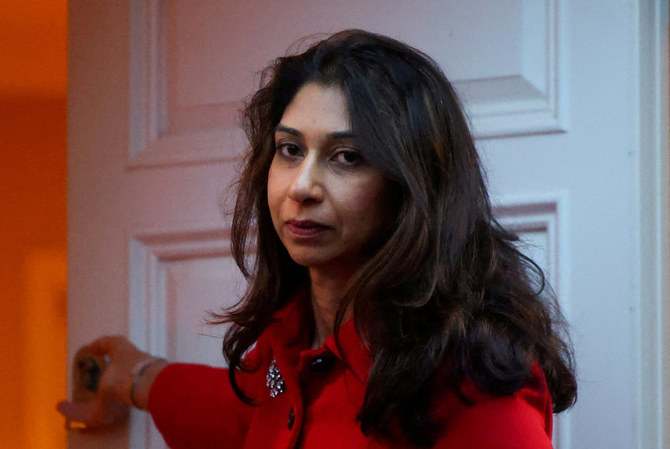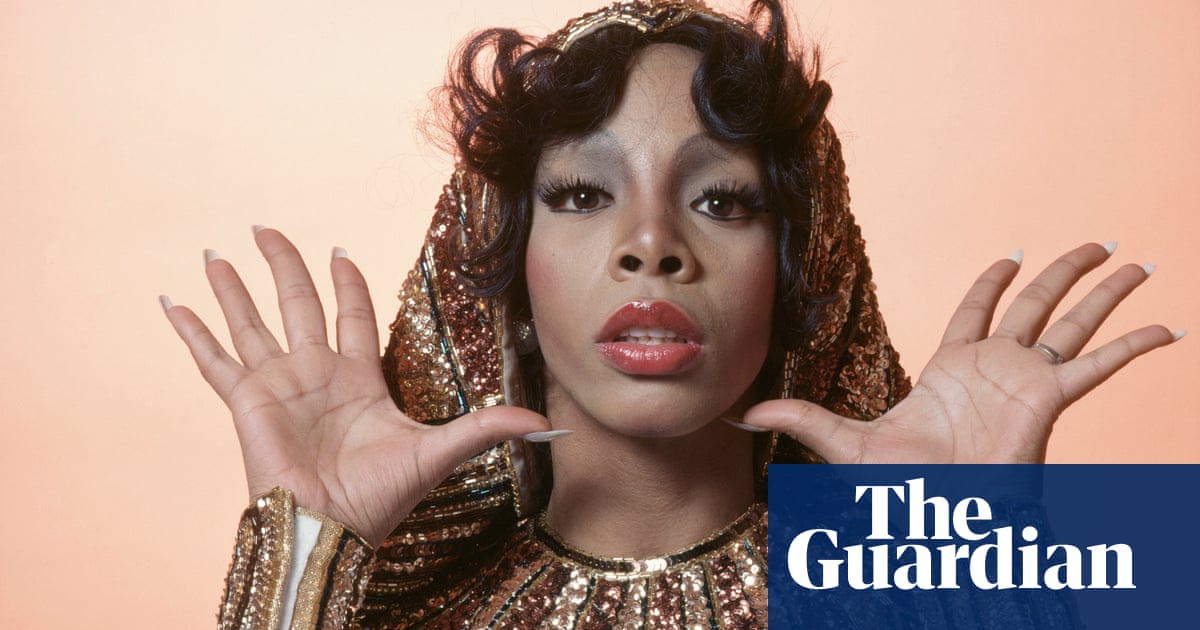
t’s a simple matter of true or false. That’s been the genius of primetime bestriding quiz show Who Wants to be a Millionaire? since its 1998 debut. And it’s also the genius of Quiz, the three-part drama screened by ITV last week about Major Charles Ingram, who took the big prize in 2001 but was then accused and convicted of cheating in a cough-based conspiracy with his wife, Diana, and a college lecturer called Tecwen Whittock. Did they do it or didn’t they? One question, choose your answer and live with the consequences.
The decision to broadcast Quiz as “event TV” was a deliberate echo of Millionaire’s own status and brought home how much viewing habits have changed since the start of this century. In Quiz, we see the Ingrams before their intimate brush with the show, when they’re mere viewers, sitting down together to watch it.
For my 13-year-old beside me, this was as retro as anything she’s seen in a costume drama. (And actually, the pitch-perfect rugby jerseys worn by Matthew Macfadyen as Ingrams and the unaccountable yet historically accurate jeans Sian Clifford has to fashion as Diana might qualify Quiz as costume drama after all.)
We don’t watch TV that way anymore. Quiz starts in the shadow of Princess Diana’s funeral, with the Ingrams’ first names a strangely pointed coincidence; the recording with the major takes place on 10 September 2001, and a production meeting the next day about how to deal with this troublesome contestant is interrupted by the attack on the twin towers.
But the big, unifying spectacle doesn’t happen on television any longer. We watch together, but apart, on individual handheld screens. Drama is for bingeing, sucking down in big, greedy gulps until you’re intoxicated on cliffhangers and their resolutions.
Still, there’s an irresistible purity to the live stakes of the quiz show – even when the quiz show is a fictionalised version of a game played nearly 20 years ago. As a family, we bickered over answers. We clutched our hands in anguish when the major seemed to be going wrong. And when Michael Sheen as Chris Tarrant tells the major they’re going to a commercial break before he reveals the answer to the million-pound question, my daughter cried out: “No!” A shared experience in our living room, echoed on sofa after sofa across the country in bathetic communion thanks to lockdown.
There’s something pure about Quiz itself, too. The average contemporary tentpole drama tends to introduce itself in columnist-friendly high-concept terms: this is a story about Identity with a capital I, this is a story about The State of the Nation, this is a story about What it Means to be Human. Not so Quiz. Its trailer promised something between a heist and a courtroom drama, with great actors playing compellingly weird characters. (The Ingrams are obvious oddballs, but I’ve never appreciated the sheer strangeness of Tarrant before seeing Sheen’s uncanny incarnation of him.) TV that just wants to give me a good time? How refreshing.
There is, of course, a bit more to Quiz than that. (James Graham, who wrote both the play on which it is based and the adaptation for TV, is too savvy to offer no substance in the razzle-dazzle.) What starts in TV development as a quest for something to compete with mass spectacle ends up generating one of the most sensational kind when the Ingrams hit the headlines. The press descends on their house in a scene that looks like something from a zombie movie, with the hordes pressing on the door. They become national hate figures. Their dog is shot. We see Macfadyen agonisingly turn from clown to tragedy as Ingram realises his honour is lost.
All this is, with a few tweaks and elisions, pretty much how it was for the unfortunate Ingrams. But the question of what happened to put them there is left very much open. Were they, as they were convicted of being, the rather gormless linchpins of a sophisticated criminal plot? Or were they tragically naive victims of the programme makers’ paranoia? Quiz is as fastidious as Tarrant himself about not tipping its hand one way or the other when it comes to the right answer. The Ingrams are certainly strange and self-sabotaging, but is that the same as being guilty?
One of the most tantalising lines for those who believe in the Ingrams’ innocence is the fact that the Millionaire production team compiled the video that demonstrated the suspicious pattern of coughing that led Ingram to the win. The footage can be watched on YouTube and as presented, it’s damning: Ingram hesitates, reciting the answers until a loud eruption from the audience points him to the correct one. But the proof has been assembled by people who are experts in creating stories from the flotsam of a recording: a stray glance or a single gasp can all be amplified and edited into significance. The fact that the people constructing this reality believe in it doesn’t make it the truth.
“I think they’re innocent,” announced my daughter, with the same certainty that she brought to the notorious Craig David question that cost the major so much brow-furrowing. And Quiz has spilled over into a subculture of Ingrams trutherism, as people like her get behind the couple’s latest legal challenge – half serious concern over a possible miscarriage of justice, half ironic cheerleading for a compellingly odd couple. The joy of the quiz show, as ever, is in the audience participation. Quiz triumphantly takes us back to what has always made TV great: being able to join in at home.












